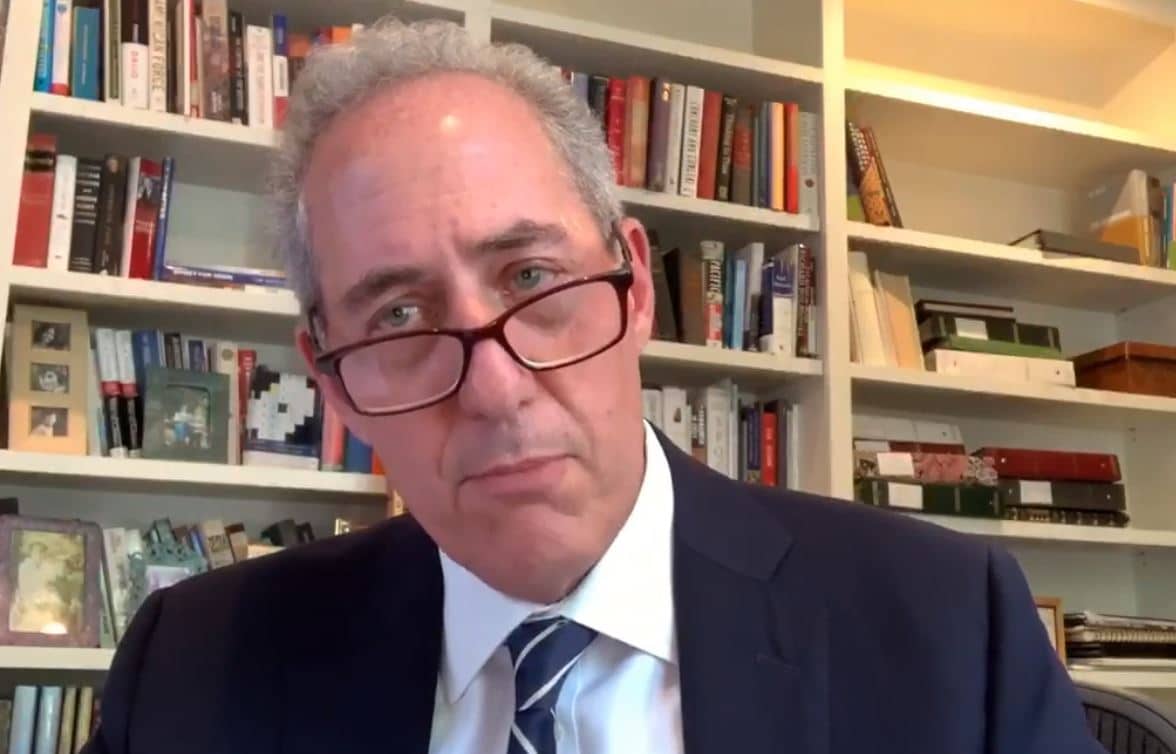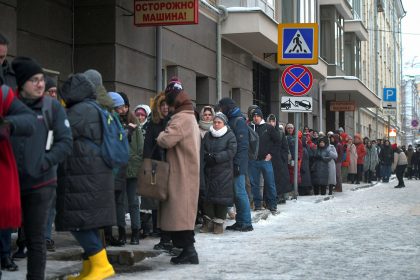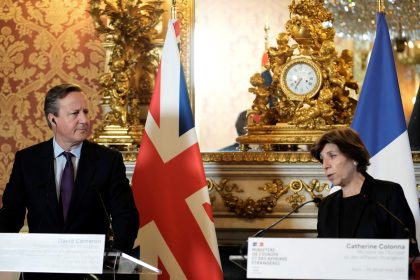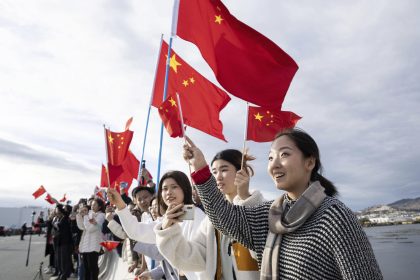International Cooperation on COVID-19 Urged During Congressional Hearing

WASHINGTON – U.S. experts on European financial and political policy added their voices to an international call for greater cooperation to combat the COVID-19 pandemic during a congressional hearing Tuesday.
They described the struggle to find a vaccine and to recover from the economic devastation of the disease as short-sighted if the United States works alone.
“This is the time to drop all barriers we have and to cooperate,” said Rep. William Keating, D-Mass., during a hearing of the House Foreign Affairs Subcommittee on Europe, Eurasia, Energy and the Environment.
“That’s how we save as many lives as possible,” he said.
The worldwide death toll from COVID-19 is nearing 600,000. Keating, who chairs the subcommittee, said six of the dead are people he knew personally.
Working with researchers in the United Kingdom and elsewhere to develop a vaccine is one of the priorities that requires cooperation, he said.
However, the Trump administration has followed a different path that has included pulling the United States out of the World Health Organization, he said.
He added that Trump’s slow response to the pandemic contributed to the United States having the world’s highest infection rate.
“These are not the decisions that will make us safe in the short term or the long term,” Keating said.
Rep. Adam Kinzinger, R-Ill., agreed greater cooperation with Europe is needed but blamed some foreign entities for difficulties in confronting the pandemic.
He said the World Health Organization must be held accountable for not warning nations earlier about the dangers of COVID-19. The organization appeared to be bowing to pressure from China, where the disease was first reported in December, he said.
Regarding China, Kinzinger said, “The West is racing to find a cure but the [Communist Party of China] is racing to steal that cure.”
Recommendations from political policy and financial experts during the hearing fit closely with suggestions in a European Union report set for discussion at a G20 meeting of economic leaders this week.
Michael Froman, a former U.S. trade representative and now MasterCard executive, said distrust between the United States and Europe from previous trade competition needs to be overcome.
“The pandemic has shined a bright light on the need to work together,” Froman said.
The two greatest obstacles to jointly resolving the economic disaster from COVID-19 are sanctions during trade disputes and digital transaction taxes, Froman said.
The economic problems can only be resolved “if we bring the private sector to the table,” Froman said.
Rachel Ellehuus, a former Defense Department advisor on NATO and European policy, agreed medical issues were important but cautioned that the national defense also is threatened.
“Meanwhile, security and defense risks have not subsided,” she said.
She mentioned “disinformation” and “authoritarian tactics” by China and Russia as threats to American interests.
Meanwhile, European Union finance ministers approved a policy statement last week that encourages the world’s 20 most industrialized nations to seek a deal on digital taxation and to avoid interfering with deregulation of international trade during the pandemic.
“The G20 should support stronger international cooperation for defining the necessary monetary, fiscal and structural reform measures to ensure a safe exit” from the pandemic’s crisis, the policy statement says.
The finance ministers plan to discuss their policy during a July 18 virtual meeting that will include U.S. trade representatives.
























